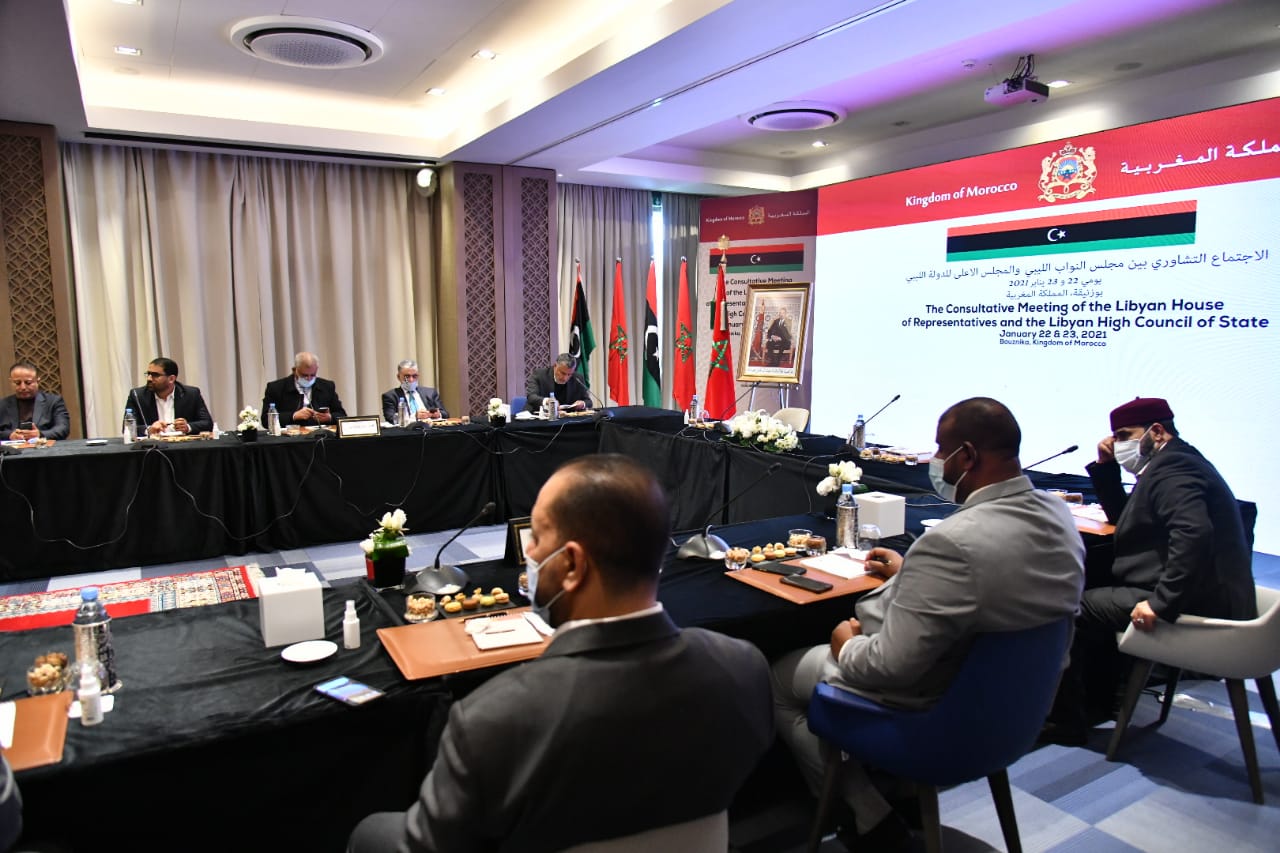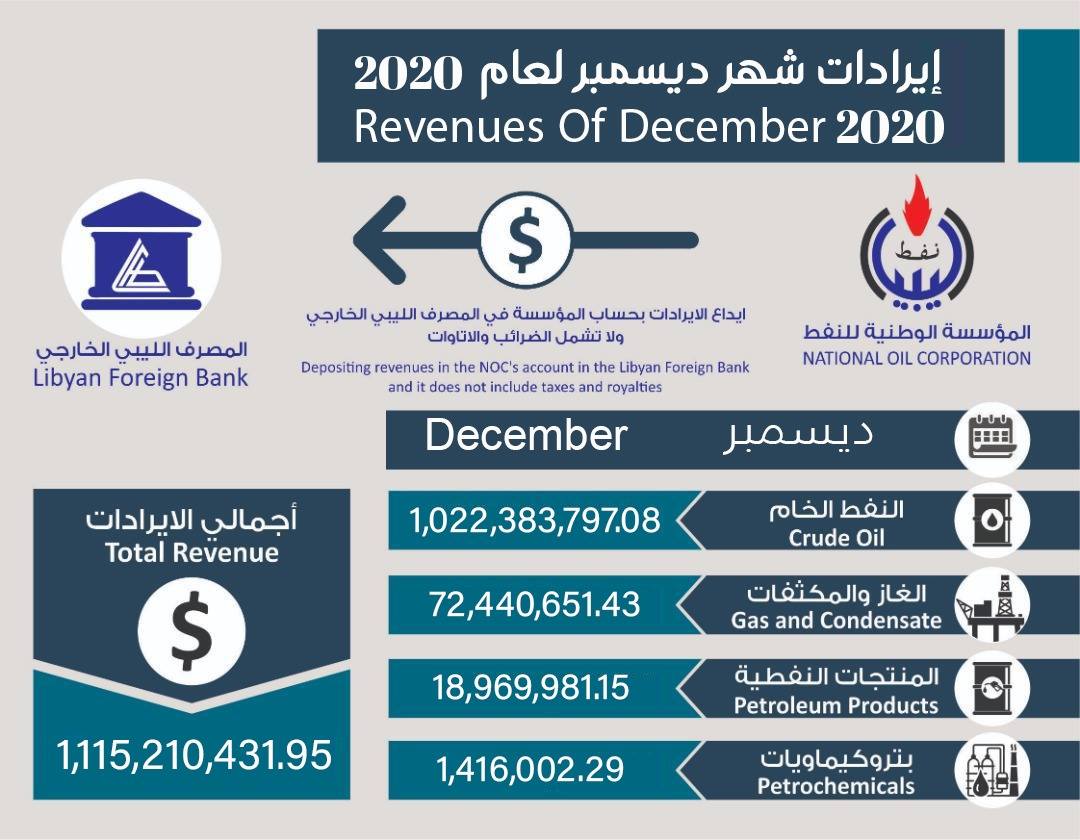By Sami Zaptia.

London, 24 January 2021:
The Libyan House of Representatives (HoR) and High State Council (HSC) 13+13 Committee meeting in Bouznika, Rabat, Morocco have agreed that Libya’s top sovereign positions will be distributed regionally and within agreed meritocratic criteria.
The agreement comes within Article 15 of the 2015 Skhirat Libyan Political Agreement (LPA) which prescribes that all top sovereign Libyan positions must be agreed by the HoR and HSC through their joint Committee. Several armed skirmishes and wars as well as political disagreements between the two internationally recognized bodies have prevented agreement since 2015.
At the end of the two-day meeting yesterday, the two bodies agreed to form a committee for each position to receive nominations within present meritocratic criteria. These criteria have not been published.
The seven top sovereign Libyan positions are the:
- Governor of the Central Bank of Libya (CBL)
- Head of the Audit Bureau
- Head of the Administrative Control Authority (ACA)
- Head of the High National Election Commission (HNEC)
- Head of the National Anti-Corruption Commission (NACC)
- Attorney General
- Head of the Supreme Court
Although the official statement at the end of the meeting made no mention of the geographical distribution of the positions, unofficial reports by participants in Morocco say that the heads of these positions have been provisionally distributed as follows:
Tripolitania: Audit Bureau, Attorney General and HNEC
Cyrenaica (east): CBL and ACA
Fezzan: NACC and Supreme Court
With regards to the posts of President of the Supreme Court and the Public Prosecutor, the final communique said for these two positions, ‘‘the procedures prescribed by the legislation in force in this regard shall be applied’’.
It will be recalled that in October last year Libya’s Supreme Judicial Council (SJC) rejected news coming out of the then talks in Bouznika on the political appointment of the country’s two highest judicial positions.
In its statement, the SJC stressed that there exists certain mechanisms and processes in choosing the head of the Supreme Court and the the Attorney General.
Nominations for the other new appointees will open as of tomorrow for a week. Each position will have a specific committee to receive nominations. Existing incumbents cannot stand again.
The new appointees will hold office only until the next planned elections, expected on 24 December, thereafter, it is up to the newly elected parliament and government to decide on holders of these positions.
HoR and HSC delegations meet in Morocco for political dialogue | (libyaherald.com)











